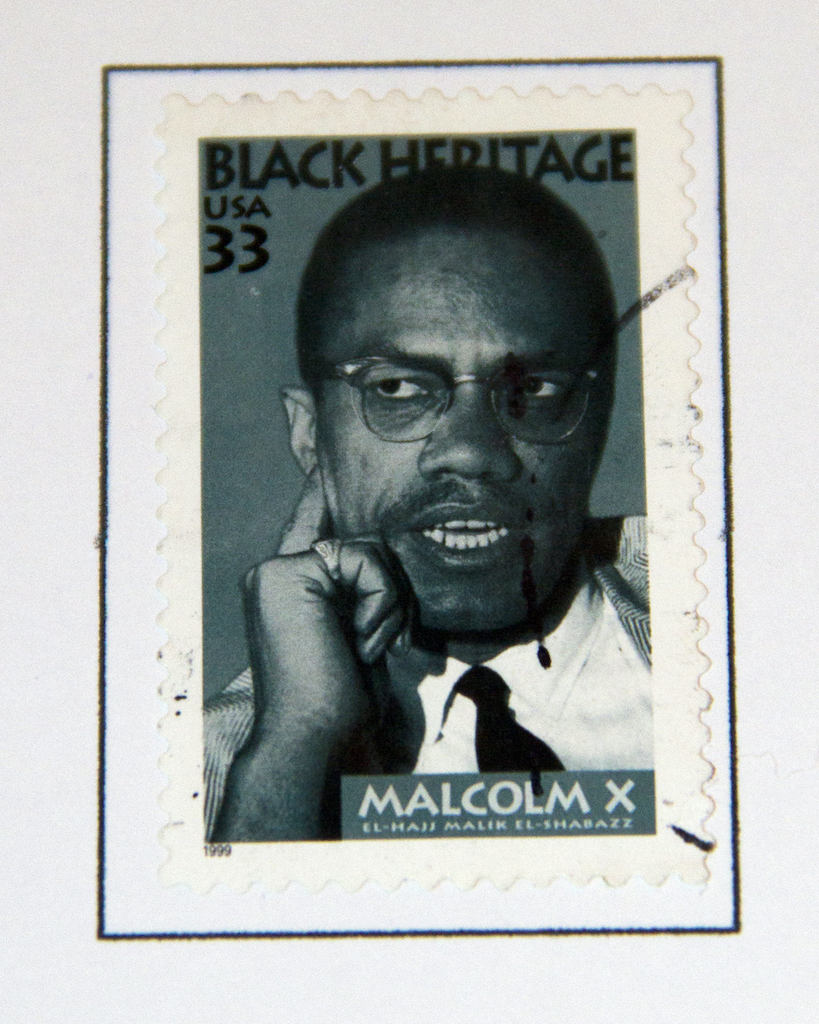
Malcolm X, born as Malcolm Little, was a prominent American civil rights activist and leader during the 1950s and 1960s. He was an ardent advocate for the rights of African Americans, and his speeches and teachings played a pivotal role in the American Civil Rights Movement. Malcolm X was assassinated on February 21, 1965, at the Audubon Ballroom in New York City.
Recently, it has been reported that Malcolm X’s daughter, Qubilah Shabazz, plans to sue the New York City Police Department (NYPD) and the Federal Bureau of Investigation (FBI) for allegedly playing a role in her father’s assassination. Shabazz claims that the agencies had knowledge of the assassination plot and failed to prevent it.
The announcement comes after a letter was recently made public, allegedly written by former NYPD officer Raymond Wood before he died in 2020. The letter claims that the NYPD and the FBI were involved in the assassination of Malcolm X. The letter states that Wood was tasked with infiltrating Malcolm X’s organization and ensuring that the security detail was understaffed and that the ballroom’s doors were left unguarded on the day of the assassination.
The NYPD has stated that it is reviewing the letter and the allegations it contains. The FBI has not yet made a public statement regarding the matter.
Qubilah Shabazz is seeking compensation for the emotional distress caused by her father’s assassination, as well as for the loss of his potential earnings. She has also demanded that the agencies release all documents related to the assassination.
The news of Shabazz’s plan to sue the NYPD and the FBI has sparked renewed interest in Malcolm X’s life and legacy. Malcolm X was a controversial figure during his lifetime, and his teachings on black nationalism and self-defense continue to be debated. However, he remains an influential figure in American history, and his impact on the civil rights movement cannot be denied.
If the allegations in Wood’s letter are true, it would be a significant revelation and would raise questions about the role of law enforcement agencies in the assassination of a prominent civil rights leader. It would also add to the ongoing conversation about the relationship between law enforcement and marginalized communities in the United States.


















